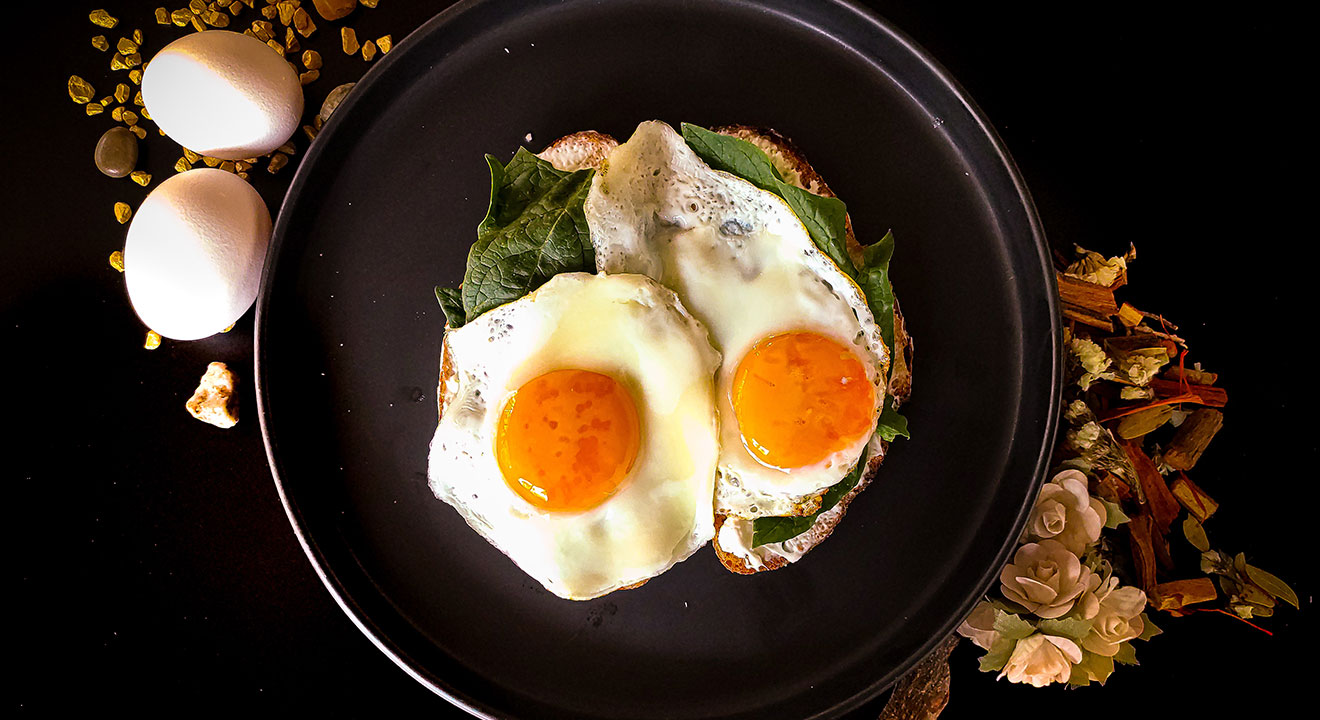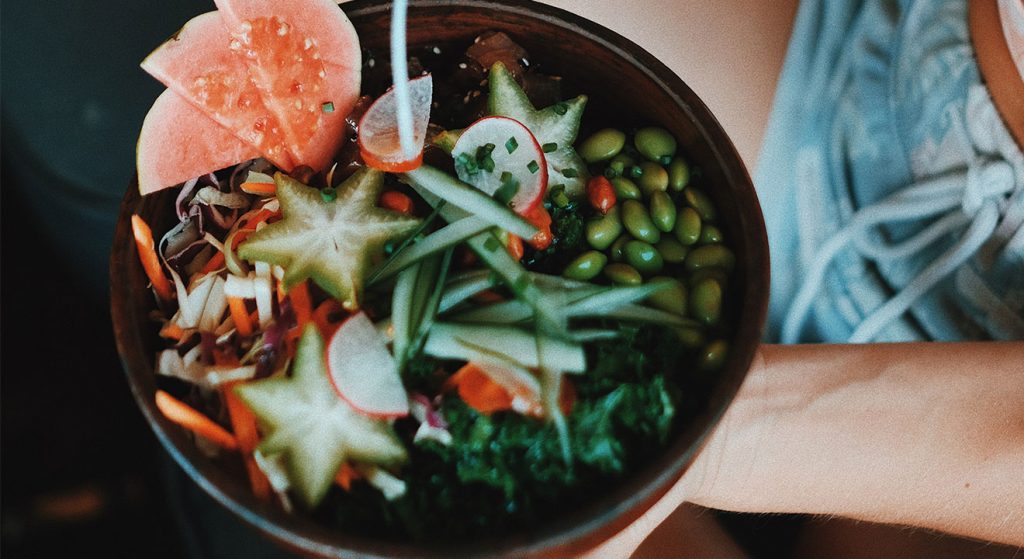Why These 10 Strategies Will Work Even If All Else Has Failed
For many, the year starts out with a New Year’s Resolution to lose “X” amount of pounds. Unfortunately, over 90% fail to reach their goal and typically quit any diet or exercise program within 2 months. Why?
In most cases, people fail because whatever diet or strategy they are using is unrealistic over the long term. In other words, if a diet or exercise program makes you feel miserable then you aren’t going to stick to it. Counting calories and “starving yourself thin” simply don’t work. If you can’t eat until you are satiated, then you can’t succeed. You may lose weight for a few weeks but the psychological and physiological torture will doom the diet or strategy to failure.
Our simple but effective weight loss strategies work for two very simple reasons:
- All are scientifically backed and proven to either naturally lower caloric intake or increase caloric burn. In some cases, both.
- Our strategies do not cause massive disruptions to your diet or lifestyle. Thus, you can stick to them and not starve yourself thin or live at the gym.
Ready to get started?
#1 Have Eggs for Breakfast or Other High Protein Options

Eating eggs or other high protein options helps you lose weight in 3 ways:
First, protein requires more energy to digest and thus increases metabolism.
Second, high protein meals naturally reduce caloric intake.
Lastly, studies show that eating a high protein breakfast reduces late night cravings by up to 50%.
If you don’t like eggs, then consider other high protein options like: Greek yogurt, almonds, or even a quality protein shake or breakfast bar.
#2 Drink a Glass of Water 30 Minutes Before Each Meal
Drinking water boosts your metabolism by up to 30% for about 60 minutes so you burn more calories, at least for a little while. In addition, drinking water 30 minutes before a meal naturally reduces caloric intake because you need to eat less to feel satiated. In one study, dieters lost over 40% more weight using this simple strategy compared to those who didn’t drink water before meals. It’s simple, it’s effective, and it’s realistic.
#3 Substitute Green Tea for Sugary Beverages
While the caffeine in green tea will slightly elevate your metabolism and burn fewer calories, the antioxidants are what help you burn fat. Specifically, green tea has antioxidants called catechins that “supercharge” the fat burning properties of the caffeine. Plus, by replacing at least some of your sugary beverages with green tea, you are also ingesting fewer calories while burning more.
#4 Get 30% or More of Total Calories from Protein
Studies show that people who get 30% or more of their total calories from protein consume, on average, 440 fewer calories per day. Not only that, but high protein diets also require 5X’s more calories to digest the protein compared to fats or carbohydrates. And the best part: You don’t have to starve yourself to lose weight.
So, try to eat any of the following protein-rich foods as much as possible for sustained, long-term weight loss:
- Almonds
- Chicken or Turkey Breast
- Lean Beef
- Fish (any kind)
- Peanuts or Peanut Butter
- Oats
- Eggs
- Cottage Cheese
- Greek yogurt
- Milk
- Broccoli
- Tuna
- Brussel Sprouts
#5 Eat On Smaller Plates
Seriously, studies prove that simply using smaller plates cuts down on caloric intake. In addition, if you are sure to include protein in every meal, then you’ll also be satiated. Protein naturally suppresses cravings and you need to eat less of it to feel satiated compared to fats or carbs. Now you can take this a step further and buy special plates that provide portion guidance (plates that have special cutouts or places for protein, veggies, etc.). But, just using smaller plates combined with drinking water 30 minutes before each meal and including protein will reduce caloric intake without cravings or starving yourself.
#6 Keep Healthy Snacks on Tap
From time to time and depending on activity levels for the day, you are going to snack. That’s fine, just eliminate “bad snacks” like potato chips, etc. Instead, keep baby carrots, nuts like sunflower seeds, almonds, or pumpkin seeds on hand for snacking. You can also keep hard boiled eggs on hand for intra meal snacking. So long as the snacks are high in protein or veggies, then the damage is mitigated and you can keep your weight loss goals on track without starving yourself.
#7 Spice Up Your Diet
Chili peppers contain capsaicin which studies show provides a temporary boost to metabolism. In addition, capsaicin also helps naturally and safely suppress appetite. You won’t be able or willing to eat them with every meal but 1-2 x’s per week at dinner or lunch will still help generate a caloric deficit when you consume them. Every little bit helps!
#8 Increase Intake of Fiber
Studies show that viscous fiber helps you feel full faster and is beneficial to long term weight loss. Foods that are great sources of fiber include:
- Black beans
- Lima beans
- Avocados
- Sweet potatoes
- Broccoli
- Turnips
- Pears
- Kidney beans
- Figs
- Carrots
- Apricots
#9 Get a Good Night’s Sleep
Getting a good night’s sleep is very important to long-term, consistent weight loss and ultimately keeping the pounds off. Sleep helps keep your metabolic hormones balanced and also reduces chronic inflammation. Chronic inflammation prevents the brain from detecting the metabolic hormone leptin. If the brain cannot detect leptin, it thinks you are starving. That leads to increased cravings, needing to eat more to feel satiated, and a slower metabolism rate. If necessary, don’t be afraid to use melatonin and other natural sleep aids to get at least 7 hours of rest each night.
#10 Chew Slower
Studies show that chewing slower helps reduce caloric intake and causes the body to produce hormones that control satiety. Chewing slower means you are ingesting juices from each food before actually swallowing. This helps you feel satiated faster and ultimately lowers your caloric intake.
Concluding Thoughts
All 10 strategies listed above are backed by clinical studies and scientific research. None require a radical reduction in calories, special “diet food”, or exercise. You will simply reduce caloric intake naturally while increasing caloric burn. If you even implement ½ of the strategies above, you will set yourself up for long-term, sustained weight loss. So stop trying the latest fad diet, counting calories, and living at the gym. Make simple, sustained changes that reduce caloric intake and help you burn more calories without unrealistic sacrifice.

